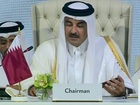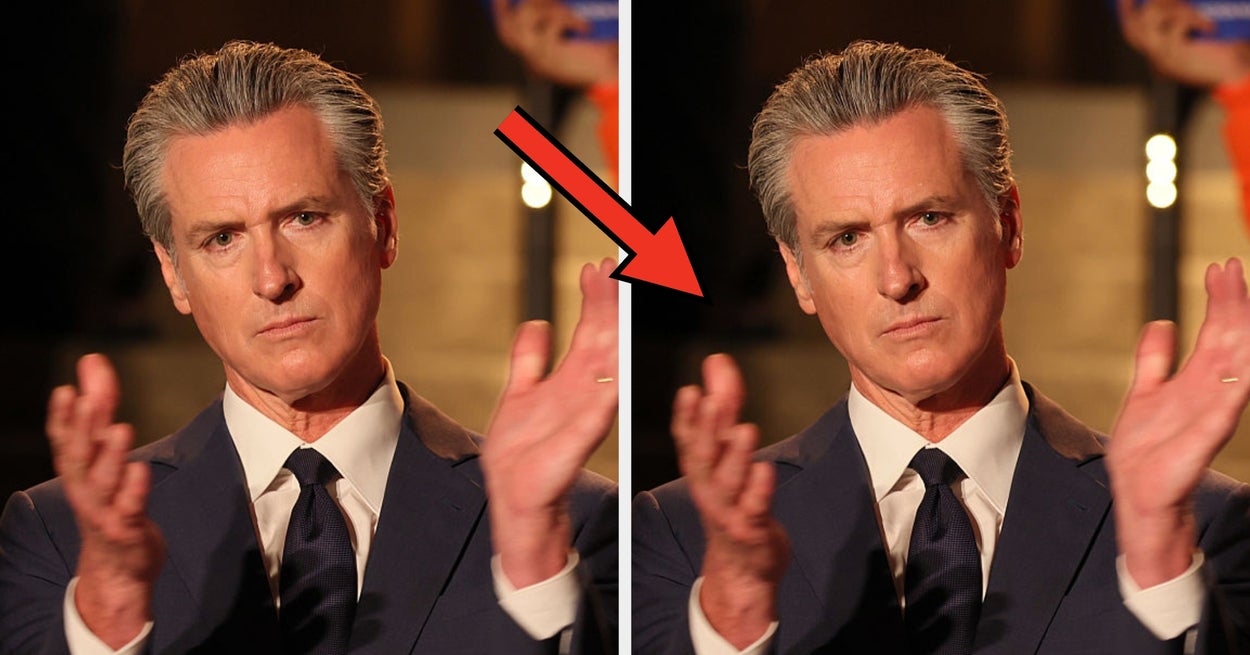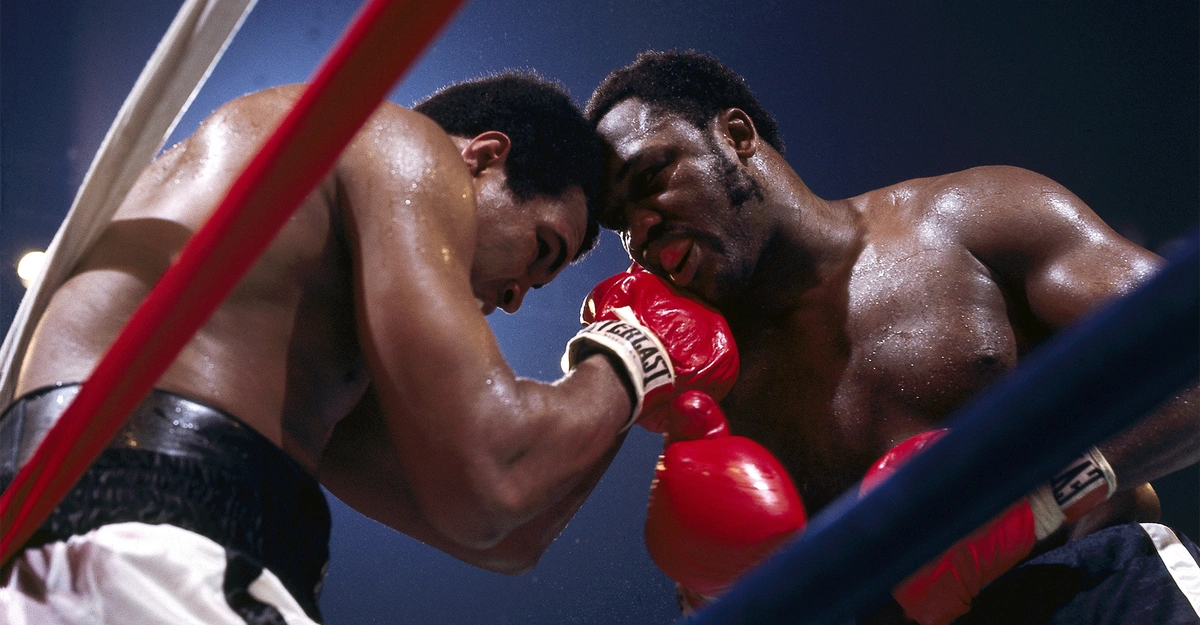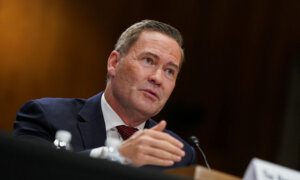By Rapheal
Copyright thesun
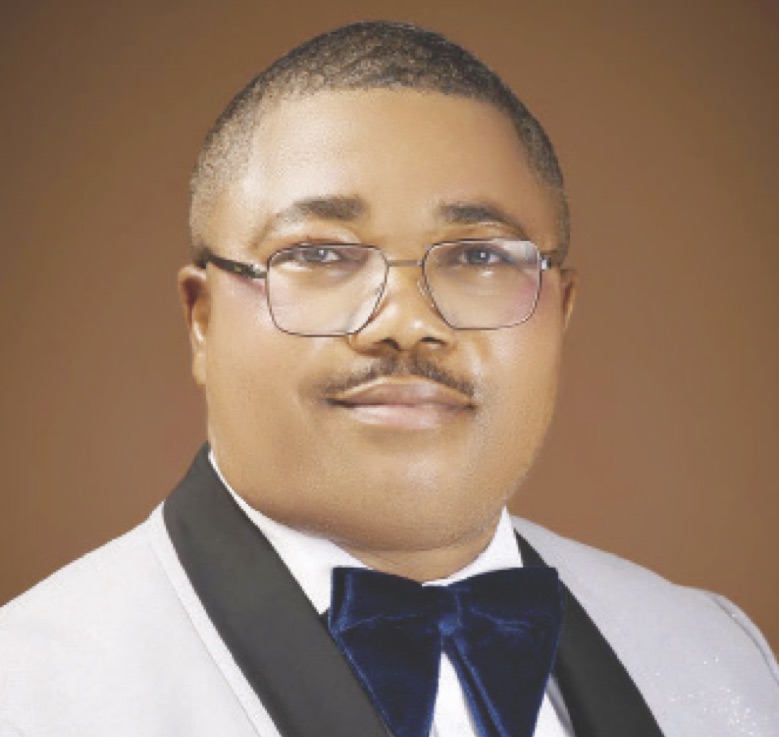
…Says security must become actionable, not paid lip service
From Aloysius Attah, Onitsha
Ifeanyi C. Ejiofor, distinguished lawyer and maverick human rights advocate is renowned for his unwavering commitment to defending the oppressed, marginalized, and underprivileged. He does not shy away from speaking truth to power. In this interview, he bares his mind on the state of the nation and other issues of importance in the polity.
In few days now, Nigeria will mark 65 years of independence. Reflecting on the current situation in the polity and governance, how do you feel?
This is a republic of tears and that is the unfolding Nigerian tragedy. Nigeria today stands as a severely wounded giant, bleeding in silence, staggering under the weight of devastating neglect, and overwhelmed by the uncertainties of her time. From the savannah of Benue to the farmlands of Enugu, from the forests of Zamfara to the streets of Abuja, insecurity has become the daily hymn of the land. We have gradually degenerated into a society where values once attached to human life have completely waned. Death, which ought to be solemn and exceptional, now trails our people like shadows. Citizens are slaughtered like fowls, and their deaths reported in the dailies as mere statistics. People step out of their homes each morning unsure if they will return alive. Just last week in Enugu, a security guard attached to the home of a Deputy Inspector General of Police was reportedly killed. Before investigations could even begin, the same assailants, reported to be rampaging Fulani herdsmen, struck again, this time cutting down a Catholic priest in cold blood. The audacity of such repeated bloodletting reflects a nation where the sanctity of life has lost its sacredness. Benue State presents an even grimmer picture. The killings there have become so commonplace that unless the death toll rises above twenty, it hardly attracts national outrage. In communities across the state, daily attacks are silently erasing whole villages, as though an annihilation agenda is at play. Tragedy has become normalised.
This is the same Nigeria where millions groan under the weight of hunger, with no assurance of their next meal. A society where young people, the so-called “leaders of tomorrow”, chase crumbs in desperation, and many willingly sing praises of their oppressors both online and offline. It is a land where the majority now live below the poverty line, stripped of dignity and reduced to survival instincts. Governance has become a theatre of ceaseless collapse. Policies are churned out without vision, while laws, once designed as the shield of the oppressed are now twisted into the armour of the corrupt. In some districts within the seat of power itself, criminal abductions occur almost daily, yet we are expected to pretend that all is well.
But history has taught us otherwise. The great nations we admire today were built not because their leaders were saints, but because the people demanded accountability, held fast to justice, and insisted that no citizen’s life was expendable. Nigeria, sadly, is walking the dangerous path of countries that allowed misrule, neglect, and insecurity to hollow them out until collapse became inevitable.
Citizens weary and frustrated, still deserve hope. It is time to rise, to demand governance that works, to insist on accountability, and to reawaken the spirit of collective responsibility. The Nigerian state must prioritise human life above all else. Security must stop being lip service; it must become actionable. Leaders must be compelled, by civic pressure, law, and institutions, to answer for their failures. Our young people must stop defending their killers and oppressors. Instead, they must unite, organise, and champion reforms. National rebirth begins with restoring respect for life, justice, and dignity. Without this, no economic or political policy can stand. And while we push for reforms, let us pray: May God preserve the hapless citizens who face hunger, fear, and violence daily. May He comfort the bereaved, protect the vulnerable, and grant leaders the courage to choose justice over corruption, peace over chaos, and life over death.
Katsina State recently rolled out the red carpet for bandits. Niger State said it censor sermons. How do you feel about de this situation?
Nigeria remains the theatre of contradictions, where governance often takes the form of paradox and irony. In Katsina, the home state of a former President, the spectacle unfolds: blood-soaked bandits who have for years razed villages, massacred farmers, emptied markets, and abducted innocent schoolchildren, were invited to the table of peace. These architects of terror, who brought tears to mothers and ruins to farmlands, were suddenly elevated to the status of negotiating partners. Smiles were exchanged, “accords” were signed, and the same state that could not defend its weakest citizens now courts its tormentors with promises of amnesty. Contrast this with Niger State, where ordinary Nigerians suffocate daily under unprecedented inflation, skyrocketing food prices, mass unemployment, and a crumbling naira. Citizens cry of hunger, yet are told by those in power that “there is no hardship.” And to tighten the noose, religious leaders, long the moral conscience of society are compelled to submit sermons for government approval, a move that echoes the darkest shadows of authoritarian censorship. The pulpit, once the bastion of truth and comfort for the downtrodden, is now shackled. The people may groan, but their voices must not echo.
This grim paradox is not without precedent. From colonial indirect rule, where warrant chiefs were armed with authority to subjugate their own kinsmen, to decades of military dictatorship that rewarded looters while jailing critics, Nigeria’s rulers have consistently dignified oppressors and silenced the oppressed. What we see today; peace talks with bandits and censorship of sermons is but a continuation of this legacy of inverted justice.
But the consequences are chilling. A state that normalizes impunity emboldens crime. A government that stifles dissent de-legitimizes truth. A people whose hunger is denied are pushed to the brink of despair. We are left with dangerous questions: if criminals are courted with handshakes while citizens are met with handcuffs, whose security is being purchased? If pulpits are gagged while bullets are pardoned, whose peace is being negotiated?
The handwriting on the wall is clear as I said earlier: Nigeria is at a crossroads where silence is demanded of the oppressed, while impunity is rewarded for the oppressor. To remain indifferent is to watch the cycle of history repeat itself, this time with far bloodier consequences.
Analysts predict that political intrigues will continue in Rivers State even as Governor Fubara as Governor. What is your view on this?
It is often said that democracy is fragile. In Nigeria, however, it has become so sugar-coated with executive fiat that one is left wondering whether we are still practicing democracy or merely acting out a cleverly disguised democrazy. Nowhere is this paradox more glaring than in Rivers State, where events over the past six months have played out like the script of a poorly written political soap opera. Six months ago, President Bola Ahmed Tinubu, in a move that provoked heated debate, unleashed what amounted to a political earthquake on Rivers State. Democratic structures legitimately installed by the people’s mandate were suspended, leaving the state in a curious limbo. The experiment was clothed in the garment of “necessity” but stripped bare of legality.This was not Nigeria’s first taste of executive adventurism. Plateau State’s dark chapter remains fresh in our memory. At the just-concluded Annual General Conference of the Nigerian Bar Association, Chief Emeka Ngige, a senior advocate and chairman of the Council of Legal Education, lamented the tragic irony of the Supreme Court’s delay in hearing appeals on the disruption of democratic structures in Rivers State. His warning that delay would render justice merely academic has since proven prophetic.
Yet, Rivers State offers an even more enthralling theatre. Since the dawn of the Fourth Republic in 1999, it has been a crucible of political gladiatorship. From Dr. Peter Odili’s era, through Rotimi Amaechi’s stormy reign, to Nyesom Wike’s combative years, the state has remained a battlefield where politics is waged with the ferocity of war. Wike, in particular, anointed himself the “Emperor of Port Harcourt,” bestriding the political landscape like a colossus. His dominance was so overwhelming that, even after leaving office in 2023, he sought to retain control by handpicking his successor, Governor Siminalayi Fubara.But as history often teaches, protégés sometimes rebel against their patrons. Within months, the Fubara–Wike political marriage collapsed spectacularly. What followed was a cascade of mass defections, impeachment intrigues, the storming of legislative chambers, parallel factional sittings, and the unforgettable spectacle of a governor weeping on national television while recounting his travails.
At the height of the crisis, local government chairmen, largely Wike’s loyalists, clashed openly with the governor’s camp. The ensuing violence, complete with teargas, gunfire, and conflicting judicial orders, created a chaos too glaring to be ignored by Abuja. Enter President Tinubu, whose intervention, couched in the language of restoring order, appeared to many discerning observers less about peace in Rivers and more about preserving Wike’s bargaining power within the ruling party.
Why else, many ask, would an entire democratic structure be suspended if not to buy Wike time to consolidate his grip through hurried local government elections and unfettered access to federal allocations? Why else would the sacred mandate of the Rivers people be reduced to a bargaining chip in a political chess game?
History offers a cruel reminder: when democracy is subjected to selective enforcement, it becomes democracy only in name. The Rivers saga is less about governance and more about control, who controls the council chairmen, who controls the allocations, who controls the political structures. And in Nigeria, control often matters far more than the constitution.
For those naïve enough to believe this six-month “suspension” marks the end of Rivers’ political drama, let me be clear: the first act is over, but the second is about to begin. Another crisis looms, one that could very well invite yet another declaration of emergency. Only this time, President Tinubu may find his hands tied, unable to play saviour for Wike, who by then may have overplayed his hand.
Make no mistake: Nigerians are watching. The world is watching. Most importantly, the people of Rivers, whose destiny has been tossed about like pawns on a chessboard, are watching too. And the lesson of history is unmistakable: political experiments that trample on democratic institutions may stagger for a while, but they never endure. Sugar-coated democracy, once unwrapped, is often bitter. What Rivers is experiencing today is not democracy but its grotesque distortion, an elaborate performance of democrazy. And if history is any guide, it is only a matter of time before the curtain falls, and those who toyed with the people’s mandate reap the whirlwind they have sown.
In Abuja, the National Assembly is still entertaining Nigerians with the Akpabio-Natasha matter. You saw the drama that followed Natasha’s resumption after the suspension. Between her and the Nigerian State, do we describe the situation as resilience or repression?
The travails of Senator Natasha Akpoti-Uduaghan provide yet another stark illustration of the deep-rooted prejudices, selective intimidation, and weaponisation of state apparatus that have long defined the Nigerian political landscape. What is unfolding is not merely a legal or political contest, but a calculated attempt by a fragile system to break the will of a resilient woman who refuses to bow to intimidation, injustice, or orchestrated pressure.
The avalanche of charges filed against her by the Federal Government speaks volumes. One must ask: Is Senator Natasha the singular project of the Federal Government? Why should the energy, time, and resources of a nation already staggering under insecurity, economic collapse, unemployment, and infrastructural decay be devoted to this targeted persecution?
Nigeria’s history is littered with episodes where dissenting voices and independent politicians became victims of institutional harassment. From the First Republic to the military juntas, and even within this so-called democracy, state machinery has been routinely deployed against those who dared to stand outside the shadow of godfathers or entrenched oligarchies. Natasha’s case fits squarely into this dark tradition. What makes it more tragic is that the victim is a woman; her gender sharpening the prejudice, the bias, and the shamelessness of the persecution. One may ask what exactly her crime is. Her “crime” is daring to challenge the entrenched order in the upper legislative chamber and in Kogi politics. Her “crime” is standing as a symbol of courage in a terrain long dominated by toxic male power play. Her “crime” is refusing to be cowed by pressure engineered by powerful forces within and outside the legislature. Her “crime” is embodying the audacity of hope for thousands of marginalised voices across Nigeria. When the state wages war against an individual as though she were an existential threat, it inadvertently elevates her into martyrdom. By unsealing her office and belatedly allowing her to resume legislative duties, the authorities have tacitly admitted the futility of their actions.
It is a grudging acknowledgement that their attempt to silence her has failed, that impunity has been unmasked, and that, however inconsistently, minimal respect for law and order must prevail in a constitutional democracy.
Let us be clear: what is playing out is not simply a tussle between Natasha and her adversaries. It is a moral mirror held up to Nigeria, an indictment of how low governance has sunk when the Federal Government allows itself to be weaponised in a proxy war on behalf of vested interests. It is a theatre of absurdity, a comedy staged at the expense of justice, equity, and good governance. Yet, from this crucible of fire emerges the image of a woman unbroken. Senator Natasha stands tall today, a living testament that resilience in the face of intimidation is the true mark of leadership. Her story has transcended Kogi; it has become a national parable of courage, perseverance, and the eternal struggle against the forces of suppression. Nigeria must rise above this travesty. History is watching. And posterity will not be kind to those who squandered state power in petty vendettas while the nation bled.
Back home, the Nigeria army recently announced the smashing of the Okigwe killer gang and arrest of their commander Gentle De Yahoo who allegedly has been behind various horror killings in the area. As counsel to IPOB and considering that these boys masquerade as pro-Biafra agitators, what is your take?
What still hangs heavily on the lips of every concerned Igbo man is the endless wait for confirmation that the leader of these monsters, the merchants of death who have desecrated Ala-Igbo is truly no more. Yet, even if the final confirmation eventually comes in the affirmative, not many will openly celebrate this unprecedented relief. Why? Because fear still reigns supreme. The fear is real, the silence is palpable, and the sword of terror continues to dangle menacingly over our land.
In my successive interventions, I have consistently dissected these fears and their devastating consequences. Today, I urge our people to draw courage from the immortal words of Senator Dino Melaye (SDM), words he boldly re-echoed at the just-concluded Annual General Conference of the Nigerian Bar Association in Enugu: “If you speak the truth, you will die; if you lie, you will still die.” Senator Dino chose the former, to speak the truth and damn the consequences. That choice is the courage that Ala-Igbo desperately needs today. When weighed against our present reality, one truth becomes evident: fear has become the silent anthem of the average Igbo man/Biafran; whether at home or in the Diaspora. This silence is not born of ignorance, but of dread. Fear of the unknown. Fear of reprisals. Fear of betrayal. Even those in political circles dare not utter a word, for many are complicit; by association, by connivance, or by their silent romance with the evil forces tearing our homeland apart. A glance back at my earlier writings reveals a disturbing pattern: the bloody activities of the Simon Ekpa-led killer gang appear to have been procured, wittingly or unwittingly, by political contrivance. Their mission has been clear; to malign, demonize, and smear the noble image of the Indigenous People of Biafra (IPOB) before the world. Otherwise, how do we explain the curious phenomenon that whenever any of Simon Ekpa’s foot soldiers is apprehended, his default confession is: “I am a member of IPOB, fighting for the liberations of Biafrans.”
Immediately, IPOB’s leadership would issue statement after statement, dissociating the movement from these blood merchants. Yet the killings persist. Worse still, their Finland-based leader shamelessly mounts his digital pulpit, openly claiming responsibility for the atrocities; sometimes labeling his killers as members of the so-called Biafran Liberation Army, BLA, yet always leaving enough confusion for enemies of truth to smear IPOB’s name. The result? A poisonous narrative has taken root. At the slightest incident in the East; without evidence, without investigation, blame is instantly heaped on IPOB. This is not only dishonest; it is dangerous.
From the very beginning, I have called these outlaws by their true name: criminals, not agitators; killers, not freedom fighters. I have consistently exposed Simon Ekpa’s killer squad as nothing more than tools of destruction masquerading as liberators.
Even today, while an appeal against the proscription of IPOB is still pending before the Supreme Court, the name-calling persists, weaponized for political convenience. But let no one be deceived: security agencies operating in Imo State and its environs know the truth. They know that those recruiting vulnerable youths, destroying communities, and turning Imo into a blood-soaked theatre are not Biafra agitators. They are criminal gangs, plain and simple.
Let it also be said: invoking the holy name of Chukwu Okike Abiama does not make one a freedom fighter. That divine name has existed from eternity. Yet today, the treacherous, the fraudulent, and the bloodthirsty invoke it in vain, seeking legitimacy for their crimes. They forget that the Scriptures are unambiguous about the consequences of taking the name of the Creator in vain. Many of them already stand as living testimonies of the dire outcome of such sacrilege. This is why the cheering reports of ongoing security onslaughts in Imo State, the headquarters of the desecrators of Ala-Igbo, must be welcomed and sustained. This is not merely a campaign against criminals; it is a war for the survival of our homeland.
I urge security agencies: remain resolute, remain focused. Distinguish the peaceful global movement of IPOB from the identities of these criminals and merchants of death. History will record the difference. Until the most gracious news of recent times finally resounds across our land, I shall continue to celebrate in advance, for truth, no matter how delayed, will always triumph over falsehood.
